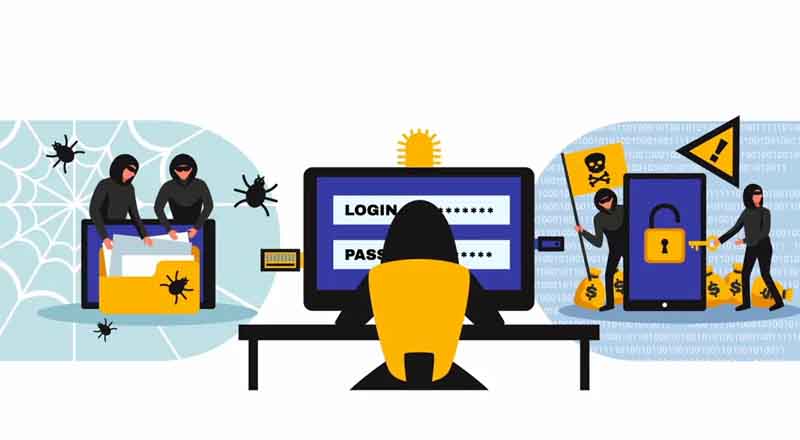Online work increases cyber security risks, as a large segment of the white-collar workplace had to abandon their offices and work from home. Remote work can be productive and rewarding, but it comes with its set of cybersecurity risks. There is a sharp rise of 600% increase in phishing emails since the end of February. Hence, employees working remotely increase their company’s risk of data breach or cyberattack. There is a need for secure collaboration platforms for the modern era, which can be put through rigorous vetting and testing against the risk management frameworks (RMF) to ensure compliance with U.S. DoD standards.
The increased risks inherent with remote work have not gone unnoticed by hackers and cybercriminals by Phishing Scams. These continue to be the most common route hackers use to breach corporate networks, a third of corporate data breaches involve phishing and other social media techniques. The incidence of phishing emails and text messages is potentially higher for employees working from home. This is because they can be the recipient of these deceptive messages through their work and personal accounts.
Knowing the dangers of remote work, every organisation has to work towards reducing the coronavirus cybersecurity risk and you have to ensure safer remote work. Conduct WFH Security Awareness Training, to make remote workers more aware of cybersecurity issues, by offering a Secure communications Platforms to make sure all your employees are using a secure communications platform for all of their work communications and collaboration.
The panic caused by the stringent lockdown measures and rapid spread of this virus has left many people looking for more information on the situation. Threat actors exploit this fear to their advantage and scam users into downloading malicious software and divulging sensitive information like banking codes. The need to be cyber cautious has never been greater.
This is more so in the case of corporates who have adopted a work from home policy hurriedly without adequate cyber hygiene. We have seen an increase in attacks on enterprises and SME employees as well.





